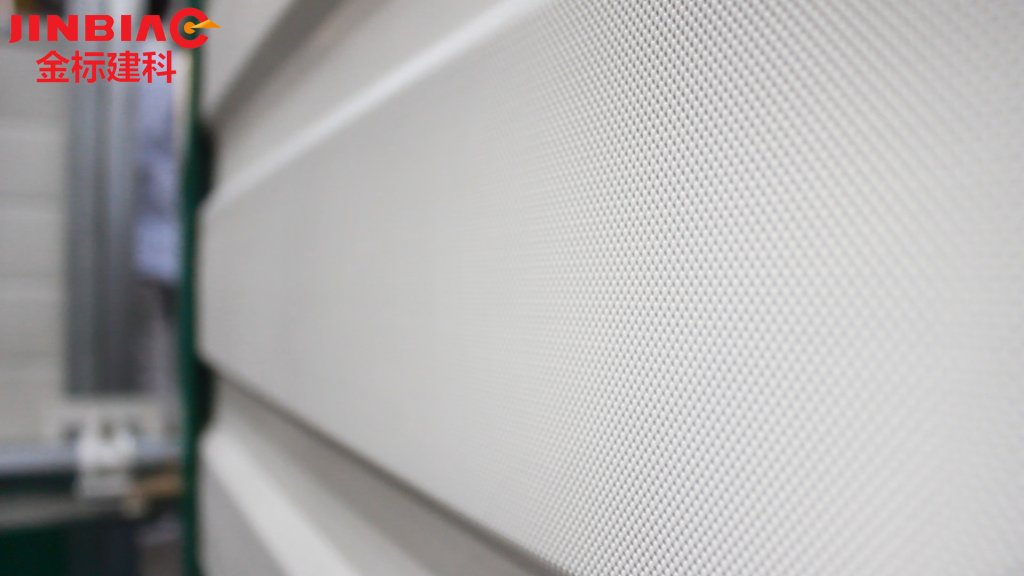In terms of usage, noise barriers come in two types: temporary and permanent. The usual notion of what sets the two apart is that temporary noise barriers are used for only a short period of time, while permanent noise barriers are for long-term use. Indeed, but they do have many other differences that are essential especially when you are looking for a noise barrier that has to address specific needs.

It is because a permanent noise barrier cannot do all the functions of a temporary noise barrier, and vice versa. Depending on your specifications, you can properly select the barrier that mitigates unwanted noise exactly the way you want it to. Besides,
Being aware of the difference between these two types of noise barriers can help you determine the best Noise Control products for your purposes.
Among the key differences between temporary and permanent noise barriers are:
1. Material makeup.
Since permanent noise barriers are built for the long-term, they are made of more concrete and durable material, consisting of compacted wood, fiber, and other synthetic compounds that help reduce the impact of sound volume and reverberation. These are often installed outdoors, such as by the highways or within the boundaries of the property being protected.
Meanwhile, temporary barriers are made of softer material, such as synthetic vinyl and other compounds that are capable of reflecting and absorbing sounds. They are installed either indoors or outdoors depending on how they are to be used within a shorter period of time.
2. Protecting specific properties.
Permanent noise barriers cover a wider and bigger space. They are even constructed to serve as perimeter fences as well. However, they are not intended to reduce the noise coming from sources of sound in a manner that temporary noise barriers do.
Temporary sound barriers are usually installed around sources of noise, such as generators and heavy machinery that are operating for a certain timeframe. For instance, power generators are set up and operated during concerts, and their buzzing sounds can be distracting to the events taking place onstage. To prevent the noise and reverb that they emit throughout the concert, they are covered by temporary noise barriers that absorb their soundwaves.
Temporary sound barriers are likewise installed in construction sites, particularly those being held in commercial and suburban districts. Surrounding the construction premises with these barriers reduces the effect of building noise from penetrating into neighbouring areas, such as residences, stores, parks, schools, and churches.
3. Improving interior sound quality.
Temporary sound barriers also help improve sound quality in a given area. Unlike permanent barriers that hinder outdoor noise from entering the space, temporary barriers meanwhile enclose the sounds within the dedicated space.
For instance, hosting an outdoor event such as a concert can distract the nearby areas such as residences and schools. However, the noise they make, no matter how loud, does not usually reach their neighbours, and it is because of noise barriers. Noise barriers reflect the sound back to the space where it is supposed to stay, thus improving its volume and quality. Those attending the concert get to enjoy the music they hear better, while those outside the event’s premises are not affected by it.
Our suggestion is to install permanent sound barriers for Highways, Railways, Oil & Gas and Industrial projects whereas temporary sound barriers should be installed in Construction, Demolition and Utilities as well as Events projects.
Hebei Jinbiao is a leading company in Noise Control products in Singapore. We guarantee to provide you with the most high-quality Noise Control and Fencing products along with our dedicated assistance. Do not hesitate to contact us. We are looking forward to helping you solve your noise issues and protect you from noise pollution.
